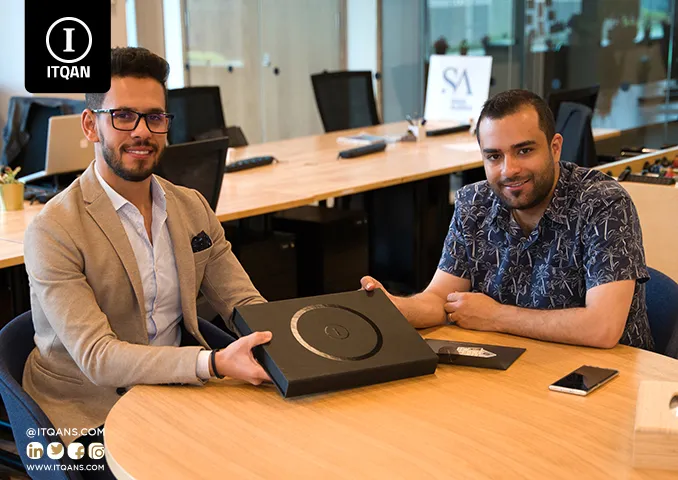How to Start an Import and Export Business in Dubai
If you’re interested in business setup UAE, especially in the trading sector, establishing an import and export business in Dubai offers a lucrative gateway to global markets. As one of the world’s premier trading hubs, Dubai provides entrepreneurs with excellent infrastructure, tax incentives, and access to international ports. This guide will walk you through everything you need to know to start your import and export business in Dubai.
Why Choose Dubai for Import and Export Business?
Dubai’s strategic location between Asia, Europe, and Africa makes it a top choice for international trade. The emirate offers state-of-the-art ports like Jebel Ali and world-class airports such as Dubai International and Al Maktoum Airport. Additionally, its investor-friendly environment contributes to the ease of starting a company in Dubai.
- Zero personal and corporate income tax in many areas
- Access to over 2 billion consumers across three continents
- Efficient customs processes and advanced logistics infrastructure
- Multilingual workforce and international connectivity
Key Steps for Business Setup in UAE
Follow these essential steps to launch your import and export business successfully.
1. Choose Your Business Activity
Decide whether you will engage in import, export, or both. It’s vital to determine whether your business will handle general trading (varied products) or specific items like electronics, food, or construction materials. This selection impacts your trade license.
2. Select a Jurisdiction
In Dubai, you can operate your import-export business either in the Mainland, Free Zone, or Offshore. Free Zones offer various benefits, including full ownership and exemption from customs duties within the zone. However, a Mainland setup allows you to trade directly within the UAE market.
- Free Zones: Ideal for international operations
- Mainland: Best for local trade within the UAE
3. Register Your Company Name
Choose a trade name that complies with Dubai’s naming criteria. It should not include offensive language or reference to religious or political affiliations. Once chosen, you can reserve your trade name through the Department of Economic Development (DED).
4. Apply for a Trade License
To operate legally, you must obtain a commercial trade license. The license type will depend on the selected activity and jurisdiction. This process involves submitting your application, required documents, and paying the necessary fees.
5. Acquire Import and Export Code
To conduct cross-border trading, you need an import-export code from Dubai Customs. This code enables your company to clear goods across borders and is essential for trading legally in Dubai.
6. Choose the Right Office or Warehouse Space
Setting up a physical location is crucial, especially if you plan to handle large volumes of goods. Depending on your free zone, you may be required to have an actual office space or warehouse.
7. Open a Corporate Bank Account
A corporate bank account is necessary for conducting transactions in Dubai. Choose a bank that supports international trading requirements. Ensure that you provide all required documentation, such as your trade license, incorporation papers, and proof of business operations.
8. Understand UAE Customs Regulations
Complying with UAE Customs laws is vital. Before you start importing or exporting, you must register with Dubai Customs and understand the rules related to tariffs, duties, and prohibited items. Visit the UAE Government Portal to stay updated on official guidelines.
Types of Import and Export Licenses in Dubai
Dubai offers multiple license types depending on your business model. These include:
- General Trading License: For trading multiple unrelated items
- Specialized Trading License: For a specific product or industry
- Commercial License: Covers both imports and exports of related goods
It is important to choose the right license under the guidance of a certified business consultant to avoid future hurdles.
Documents Required for Business Setup UAE
Some of the fundamental documents required include:
- Passport copies of shareholders and managers
- Proof of residence
- Memorandum of Association (MOA)
- No Objection Certificate (NOC), if applicable
- Business plan
- Duly filled application form
Costs Involved in Setting Up an Import-Export Company
The costs for business setup UAE vary based on jurisdiction and business type. Here are some standard expenses:
- Trade license fees: AED 10,000 – AED 30,000
- Visa costs: AED 4,000 per visa
- Office rent: Depends on location and space
- Import-export code registration: AED 1,000 – AED 2,000
For a more detailed cost breakdown, refer to our comprehensive guide on commercial register costs.
Benefits of Launching an Import and Export Business in Dubai
There are multiple advantages to starting an import-export enterprise in the UAE, including:
- 100% foreign ownership in free zones
- Minimal trade barriers and tariffs
- Modern infrastructure for logistics and shipping
- Diversified global consumer base
Furthermore, Dubai’s initiatives to support startups make it easier for new entrepreneurs to establish their presence.
Common Challenges and How to Overcome Them
Despite the opportunities, entrepreneurs may face some hurdles such as:
- Cultural differences: Engage local consultants to avoid miscommunication
- Regulatory compliance: Stay updated with customs rules via official sites
- Banking limitations: Work with international banks that understand trade business
Conclusion: Business Setup UAE for Import/Export Success
Setting up an import and export business in Dubai is one of the most strategic moves you can make in today’s global trade environment. The city’s world-class infrastructure, strategic location, and vibrant market provide an ideal foundation for any trading venture. Ensure compliance with the legal framework and work with professionals for a smoother experience.
Ready to take the next step? Learn more about the steps to open a company in Dubai and transform your trading ideas into a successful reality.












